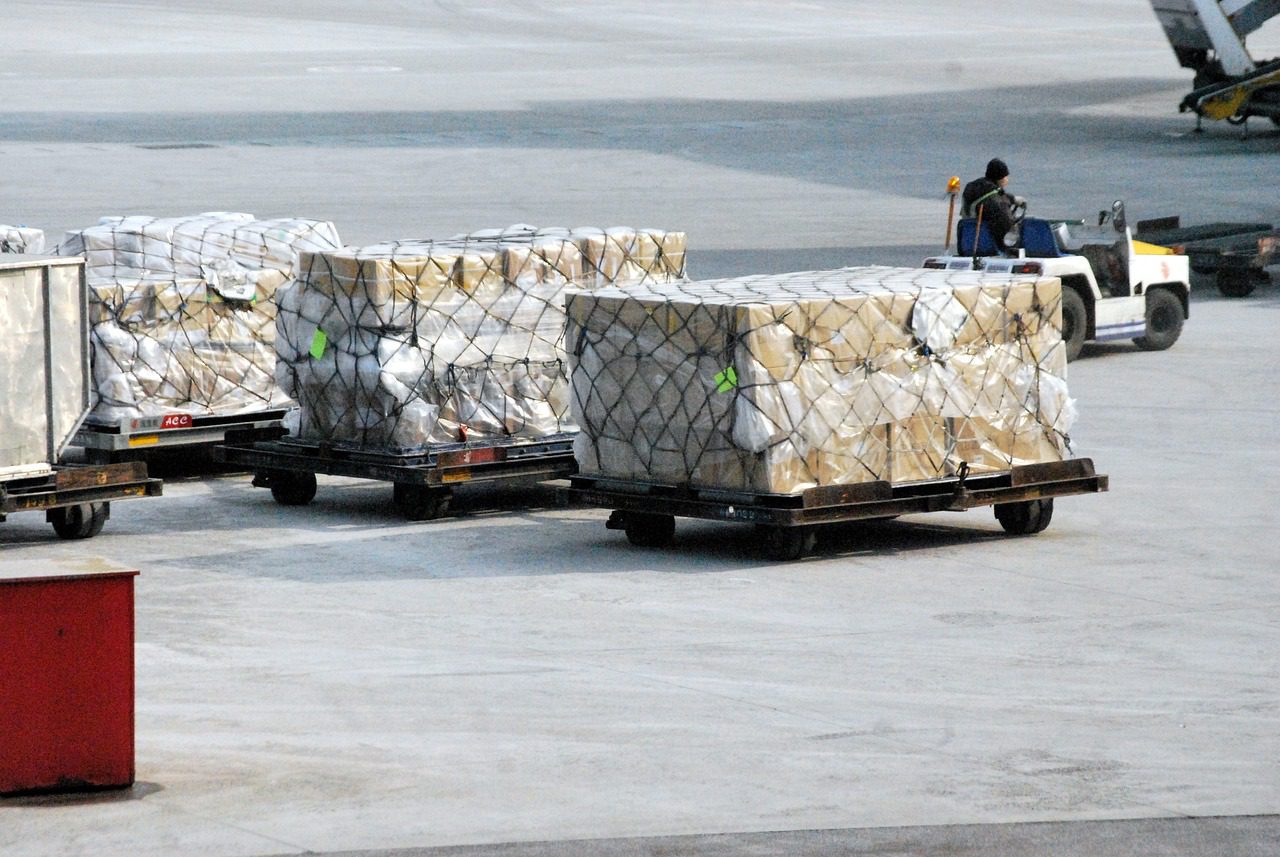
Every year, the US import peak season kicks off in July and lasts until October. This period, fueled by back-to-school purchases and holiday season preparations, typically sees a significant surge in US product demand. This surge often makes securing carrier space more difficult, leading to increased rates, extended transit times, and unforeseen delays. However, 2023 presents a unique scenario.
While the peak season poses challenges, proper planning can make it manageable. In the previous year, the pandemic and supply chain backups resulted in peak season congestion. Importers without a solid plan may find themselves navigating uncharted waters this season. With DGL’s proven experience, trustworthy network, and consistent ability to secure space and equipment, you can achieve success and peace of mind.
Potential Challenges during the Peak Season:
- Limited capacity
- Rising freight rates
- Extended transit times
- Increased Demurrage fees
- Limited warehouse space
- Reduced trucking options
2023 Economy: A Key Player in a So-Far Flat Peak Season
This year’s peak season differs from previous ones due to economic downturn, increased interest rates, and geopolitical issues such as the Ukrainian/Russian conflict. The industry has observed lower volumes as importers exercise caution, contrary to expectations.
Economic uncertainty has altered consumer shopping habits from previous peak seasons. Factors such as inflation-induced price hikes, media warnings of an impending recession, and steady industry layoffs have shifted consumer habits. These factors have intensified conditions in the US, leading to reduced spending patterns and, consequently, lower cargo shipment volumes.
Ocean Carrier Impact on This Year’s Peak Season
The factors mentioned above have affected import volumes this year, resulting in a flat “peak season” as of July 2023. As consumers remain cautious, so do importers. Carriers’ response will likely be more blank sailings, artificially and deliberately driving up the cost of ocean containers traveling on the transpacific eastbound lanes from Asia to the US.
Choosing Dedola Global Logistics as your forwarder leverages our unparalleled expertise to optimize your supply chain, helping you understand, manage, minimize, and avoid these obstacles.
Strategies for Peak Season Preparation
During a typical peak season, the demand for freight capacity surpasses supply. However, importers can take several steps to prepare.
With experienced logistics partners like DGL, you can plan effectively. Our 47 years of experience with peak seasons equip us to guide you. We will share how we’ve tackled similar challenges and how to apply the same strategies to your supply chain.
- Plan Ahead: Use information from previous peak seasons and how you managed those challenges. Understanding your trade lanes and any capacity issues or delays you experienced is an excellent starting point.
- Book Early: Knowing how much lead time you need to secure space is crucial. It’s vital to have cargo prepared and shipped early, with ample buffer times due to ongoing port congestion, potential lockdowns like those in Shanghai, and US trucking shortages. DGL’s operations team will work with you to create the optimal timeline.
- Know Your Options: Some shipping options suit some businesses better than others. For instance, LCL importers may be able to access existing consolidated containers and inland truckloads, reducing their costs. Larger companies with higher volumes may need intermodal shipping to solve peak season logistics problems.
- Monitor Your Market: Market analytics can help you understand the forces driving the current economy, allowing you to plan accordingly.
- Prioritize Critical Products: What products are most crucial to your reputation and bottom line? You may opt for priority freight options that cost more but reduce your time to market. Access to a variety of freight modes can help control costs. Only ship your critical shipments via more expensive services.
Comparing Shipping Options
Ocean Freight: Historically a very reliable and consistent shipping method, now experiencing unprecedented disruption. But there are options. You may need to use a “fast vessel” service at a higher cost. DGL helps you secure the space and shepherd your shipments to their final destination.
Air Freight: Fast, but expensive. International air freight is a dependable way to move freight quickly. Your cargo goes from origin to destination in a few days. An experienced freight forwarding company can help determine what goods optimize air freight.
Decide Early!
Onboarding with Dedola is a smooth process. Switching freight forwarders before the peak season is the best plan. You will experience DGL’s superior service, 24/7 dedicated representatives, and an experienced operations team in the US and Asia before the peak season begins.
Spot pricing is risky considering the continued volatility in the global supply chain.
Lock in multiple shipments with Dedola for better pricing, secure space, and peace of mind throughout the peak season.
We’re Peak Season Experts
The global supply chain still faces shipping delays, complicating peak season logistics for importers. Partnering with a freight forwarder like Dedola Global Logistics is more critical than ever.
We have built our 47-year reputation on loyalty, long-lasting relationships, and dependability. We’ll work tirelessly to secure the space, equipment, and pricing you need. Our experienced staff will keep you informed, and you’ll have 24/7 access to our state-of-the-art customer portal, TrakItPro.
Experience what we call The Dedola Difference. We deliver! Contact us today at (800) 561-0399 for a free consultation and a comprehensive quote!
READ: Valued-Added Consulting Services That Come With Being A Client

Contact Us


